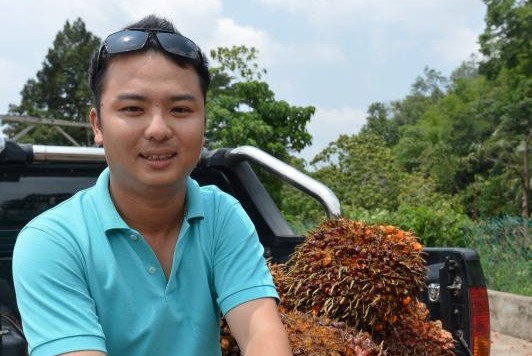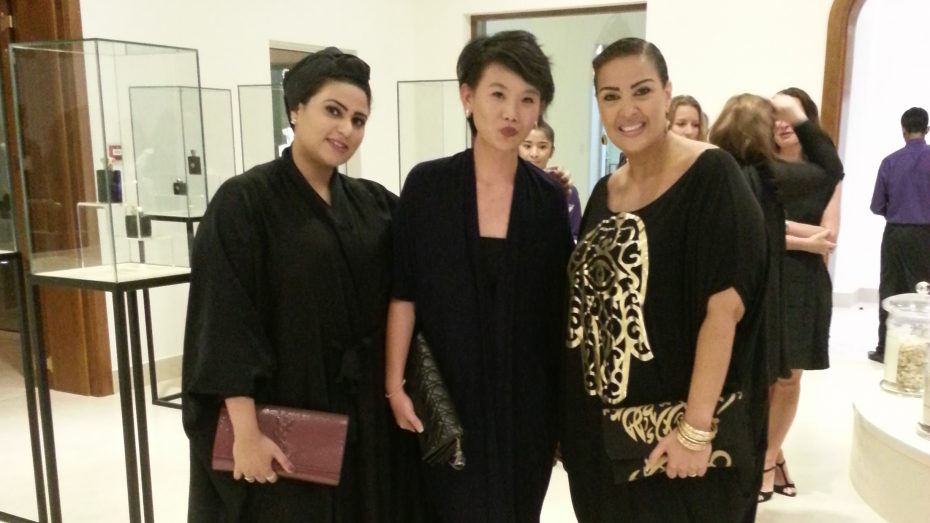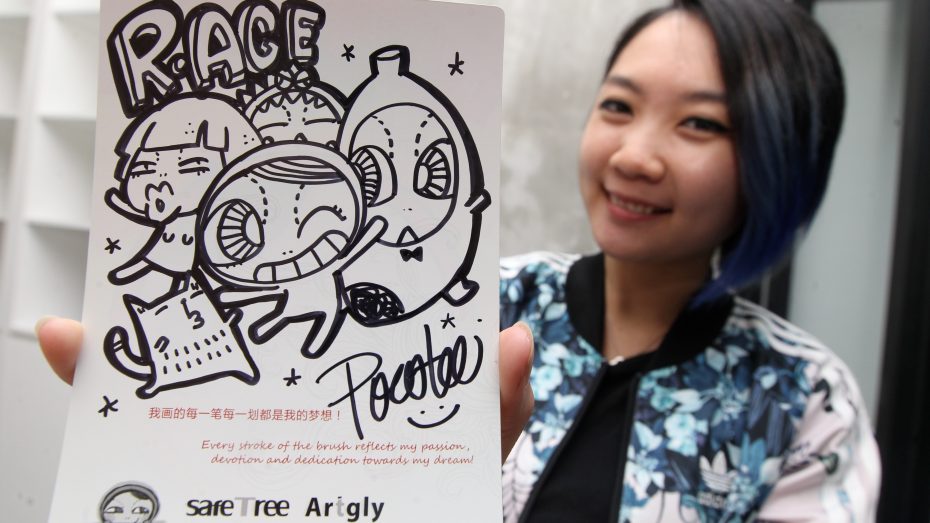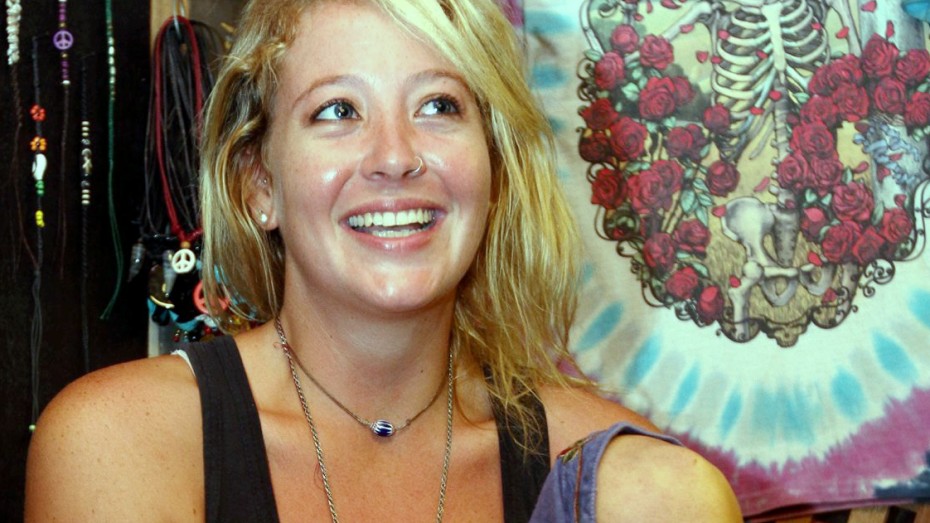ABOUT five years ago, Danny Thong was going through the daily grind of a nine-to-five job in Kuala Lumpur city, working in a bank.
For a fresh graduate who had completed his degree in marketing and IT in Sydney, Australia, it was the kind of life he had always been prepared for.
But these days, Thong has found much greater satisfaction running his own oil palm plantation back in his hometown of Raub, Pahang, where he spends most of his days driving around in a muddy pickup truck.
“If you want to own an oil palm plantation, you have to be hands-on,” he said. “I have to drive around to all our plantations to make sure the workers are doing their jobs – fertilising the trees, watering them, harvesting the fruits and so on.”
Thong’s family owns many small plantations throughout Raub, with each around eight to nine acres, adding up to a total of around 100 acres.
It’s Thong’s job now, to manage all of them.
“When my father first asked me to come back to Raub, I thought to myself: ‘It might be a little too quiet for me back there!’” he said with a laugh.
He added that it’s definitely not a job most young people would relish – especially the part where you have to spend most of your day driving between oil palm plantations.
“For me, it’s been good so far. When I was younger, I would go to the plantations with my father, so by the time I was four or five, I already knew how everything was done,” he said.
According to Thong, setting up your own oil palm plantation really isn’t that tough. The most important thing, he said, is getting the land for it.
“If you have land, it’s really no big thing. You can plant 55 trees per acre. You buy the seeds, hire a contractor to clear up the land, fertilise the soil, dig the holes to plant the seeds, and that’s it,” he said. After that, it’s all about maintaining the plantation.
Maintaining a small plantation – watering the trees, fertilising the soil, clearing weeds and harvesting the fruit – is a job two to three people can handle. For Thong, a small group of foreign workers is all he needs to maintain his plantations.
“The biggest challenge for me is managing the workers. Communication is very important. You have to be good to them, treat them like family; but sometimes you also have to be strict.
“A lot of them have permits to work for two years, but if they’re not happy, they’ll pick up and leave in two days.”
But probably the main problem in setting up an oil palm plantation is the waiting period – the trees take three to four years to mature and bear fruit.
“Some people plant banana trees or pumpkin between the oil palm trees. You can harvest bananas in a few months,” said Thong.
Farms, orchards and plantations are becoming increasingly popular businesses in Raub. Thong said he knows a few friends his age who have also jumped on the bandwagon.
“I think many of them are tired of life in the city. They want to have a more peaceful life in places like Raub, so I think I made the right choice coming back four years ago!” he said with a laugh.















Tell us what you think!